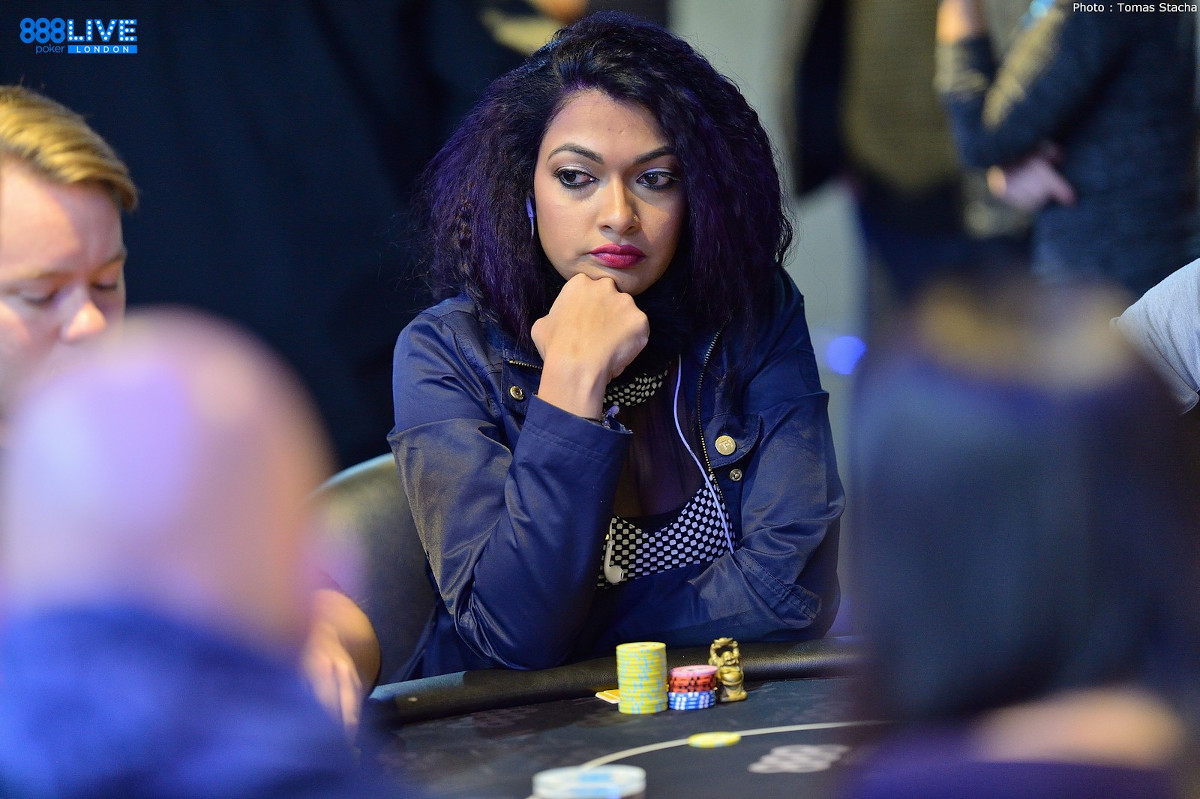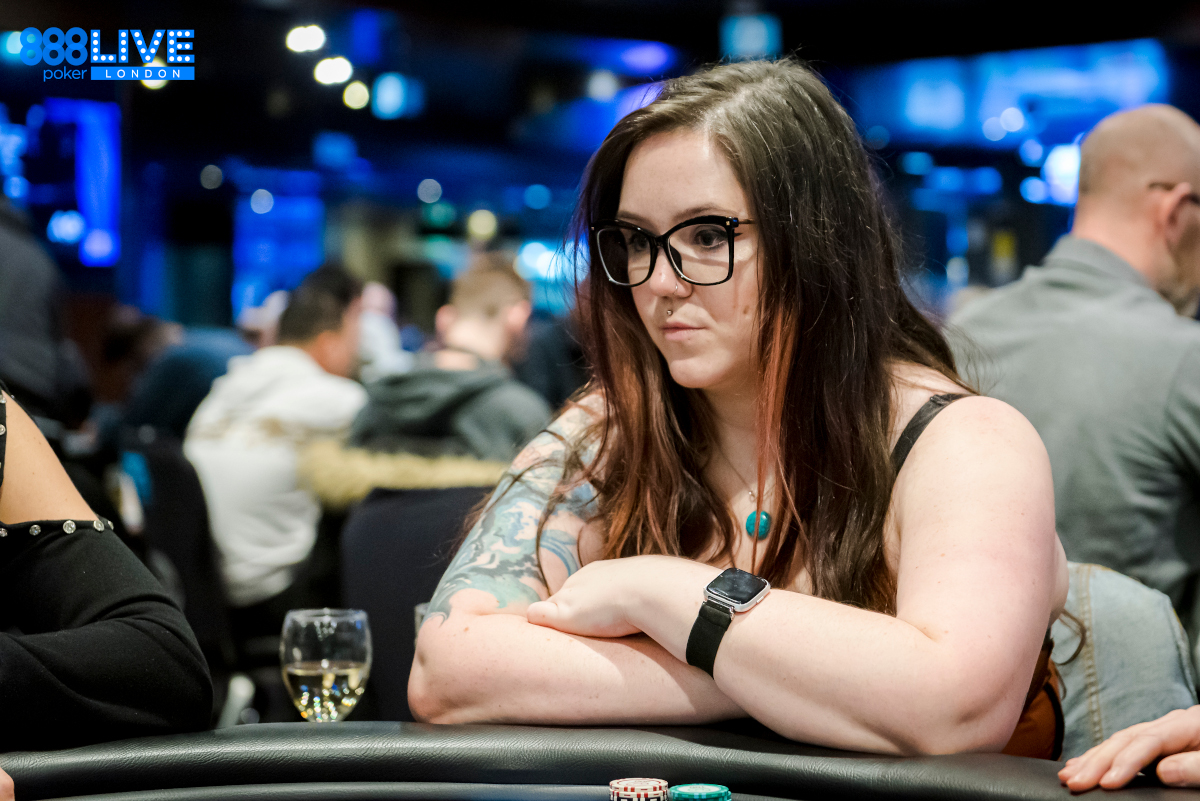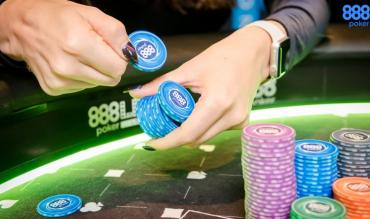Procrastination is an incredibly common mental game leak that affects poker players of all skill levels. Studies show that as many as 95% of Americans admit to procrastinating.
And for 20%, it is a chronic problem.
But what exactly is procrastination, and can anything be done to stop it?
This article aims to answer those questions in poker terms and in enough detail that you can make real progress towards a goal (or goals). So, with that, let’s just get started!
What Is Procrastination?
Dr Timothy Pychyl is a leading procrastination researcher. He defines procrastination as the voluntary delay of an intended action despite expecting to be worse off by doing so.
There are a few critical components of this definition to keep in mind:
First, procrastination is a delay, but not all delays are considered procrastination. Let’s say you plan to play a particular set of online events or poker hands in order to meet your Sunday goal. As you sit down to play, the internet suddenly goes down, and you miss the events you want to play. This example of a delay should not be classified as procrastination. It’s an involuntary delay that occurred through no fault of yours.
Other delays can happen for legitimate reasons, too. But procrastination is distinguished by the fact that you may experience some harm when you don't stick to your plans. For poker players, the top two areas where procrastination shows up the most are the following –
- Not getting enough volume
- And/or not studying as much or as often as needed.
Putting off hand reviews or not playing your intended volume on occasion probably doesn't matter too much. But if you regularly procrastinate, it will start to have negative consequences. It can lead to feelings of guilt, shame, stress, anxiety, and frustration, in addition to less-than-stellar results.
Why Do We Procrastinate?

It’s difficult to point to one thing as the penultimate cause of procrastination because it is multifaceted.
It involves a variety of the following issues:
- Thoughts
- Feelings
- Attitudes
- Skills
- Forces often outside of our conscious awareness
Dr Pychyl found that we are most likely to procrastinate on tasks that we view as unpleasant (or, as psychologists call it, task aversive). We will likely avoid dull, complicated, monotonous, overwhelming, unstructured, and/or non-meaningful things and reach for a Texas Hold'em cheat sheet instead.
Feeling pressure to do something that has a lot of negative emotions attached to it also increases procrastination.
Psychologists are not the only researchers to take an interest in procrastination. Behavioural economists have studied the topic in detail. They are interested in learning why people behave in irrational ways.
Putting off something for the short-term gain of feeling better/relieved only to later experience long-term pain is, by definition, irrational.
Behavioural economist Dr Piers Steel has written extensively on the subject. He explains procrastination using four variables, arranged as an equation he calls the motivation equation.
Accordingly, the motivation equation is:
(Expectancy x Value) / (Impulsivity x Delay)
- Expectancy is simply how often you expect to be successful at the task. You're less likely to procrastinate if you are confident in your ability. If your confidence is low, then you are primed for procrastination.
Notice that confidence levels can vary widely and depend on the task at hand. You may have a lot of confidence in memorising your ranges but need more confidence when running sims. Which one do you think you'll procrastinate on?
- Value is the amount of enjoyment you expect from doing the task or the level of desire you have for it. If you don’t like studying and place a low value on it, you’re not likely to do it. It’s very natural to put off doing something that you don’t enjoy or value. Research shows that attempting to force yourself to do boring things because you “should” is also a recipe for procrastination.
Dr Steel says that expectancy and value - like poker hand rankings - play a crucial role in decision-making. Humans make choices based on how much pleasure they expect and how certain they will receive it. All this sounds pretty rational as far as economists are concerned. But now, let’s look at the other half of the equation.
- Impulsivity is a personality trait. impulsive people tend to be highly distractable, lacking in conscientiousness, and low in self-control.
- Delay is the variable that deals with time. Humans prefer short-term rewards and often put off long-term goals for immediate gratification. This tendency is called the Present Bias and is a cognitive bias that explains why it feels good to procrastinate in the moment. Our bias towards immediate rewards often leads us to forgo activities that have more long-term rewards. This tendency is often disastrous when achieving something substantial and worthwhile.
You will likely be a procrastinator if you have an impulsive personality and many long-term goals.
Dr Steel made this observation about the impact of time and impulsivity:
“As the deadline for a task gets pushed further into the future, delay increases, and our motivation to tackle the task decreases. Impulsiveness multiplies the effects of delay, and so impulsive people feel the effects of time far less acutely.”
In a nutshell, impulsive folks tend to wait until the last possible minute to start their tasks and are more likely to give in to temptations - swapping grinding at the $1/2 tables for a quick game of strip poker.
Now that you better understand why we humans tend to procrastinate, let’s get into some ways to break the habit.
How to Stop Procrastinating: Just Get Started
Dr Pychyl says that the most challenging part of any task is getting started. Once we start acting on an aversive task, it’s usually not as bad as we thought, and it becomes easier to keep going.
So, the best way to nip procrastination in the bud is to figure out ways to get started. (Dr Pychyl says these methods should be something of a mantra).

But how exactly can you make getting started easier? Behavioural scientists have determined that three variables drive behaviour. And if you get these three right, it becomes much easier to achieve your goals.
A behaviour happens when motivation, ability, and a cue converge simultaneously.
Motivation is your desire to do something. It’s essential to set goals that are crucial and meaningful to valuing the goal more and being more motivated to do what needs to be done to achieve it. A fascinating paradox exists regarding motivation:
Motivation follows action and not the other way around!
When you make a little progress on a valued goal, it feels good because it fuels your well-being. This action increases motivation!
Your motivation can be high, but what if you don’t know how to do the thing you want to do? In that instance, your ability would be low, and the result would almost assuredly be procrastination. If this is the case for you, you’ll need to figure out how to increase your ability for the task required to achieve your goal.
For example, imagine that you’re overwhelmed by what and how to study poker:
- You might hire a coach to help you create a study plan.
- You might watch videos to learn how to use GTO Wizard.
Taking steps to improve your study abilities makes you more likely to establish a solid study routine.
Ability reflects how easy or hard it is to do your target behaviour. We are much more likely to do easy things and avoid hard things. Consider this and figure out ways to make the things you want to do easy.
Motivation and ability work together to help us achieve our goals. But there is another crucial ingredient.
Having a cue or a prompt to let you know it is time to do the thing you want to do (in this case study) is paramount.
Most of us naturally think that if we have the motivation to do something and the ability to do it, it’ll automatically get done. Sadly, it doesn’t work that way for most of us. Some people are very conscientious and highly self-disciplined and virtually never procrastinate..
Research indicates that this number is probably relatively low, considering that as many as 95% of people are self-reported procrastinators!
If being high in conscientiousness describes you, fantastic! You are probably set to go. But most of us need something to let us know it is go-time, or it is very easy to procrastinate.
Implementation Intentions

Dr Peter Gollwitzer has shown that making a specific plan, which he calls an implementation intention, increases the likelihood of you doing it many times over. An implementation intention can act as your cue.
It takes the form of “when X happens, then I will do Y action to reach goal Z.”
For example, you may set the intention that “while my morning coffee brews, I will do three hand history reviews so that I can improve my play.”
Setting up your intentions this way affirms when or what you will do to progress towards your goals. Notice that this behaviour is small. But you will likely do more once you do your three hand histories.
Why? Making a little progress feels good. When we feel good, we are more likely to keep going!
Use Goals as Motivation
As you've seen, motivation is painfully fickle and hard to rely on. However, one way to increase it is to have a clear target. Make it painfully obvious to your brain where you want to go.
- What is the aspiration that you would love to achieve?
- Reflect on this and get clear on why you want this outcome.
- What would your life be like if you achieved this goal?
Now, think about breaking your big goal into a series of mini-goals. This process is beneficial because the brain likes the short term. It’s hard to conceptualise something that won’t happen for a very long time. That reasoning makes it easy to procrastinate on long-term goals.

Once you’ve clarified your aspiration, think about the specific behaviours to help you get there.
Perhaps your goal is to win a WSOP bracelet. What specific behaviours could help you achieve this goal?
Make a thorough list of options (e.g., get a coach, join a stable, play 500,000 hands online, review ten hands a day, etc.).
Now, go through all of the options and rate each one in terms of effectiveness in achieving your goal:
- How much do you want to do the behaviour (motivation)?
- How much ability do you have to do the behaviour?
Doing this exercise will help you choose the behaviours that are impactful, easy to do, and that you actually want to do!
Get started by picking one and making an implementation intention for when and where you will do it. Start small - it’s better to study for 10 minutes a day, every day, than study for an hour once a week.
Success breeds success! So, by going small and making daily progress, you're less likely to procrastinate, making goal achievement much more likely!


